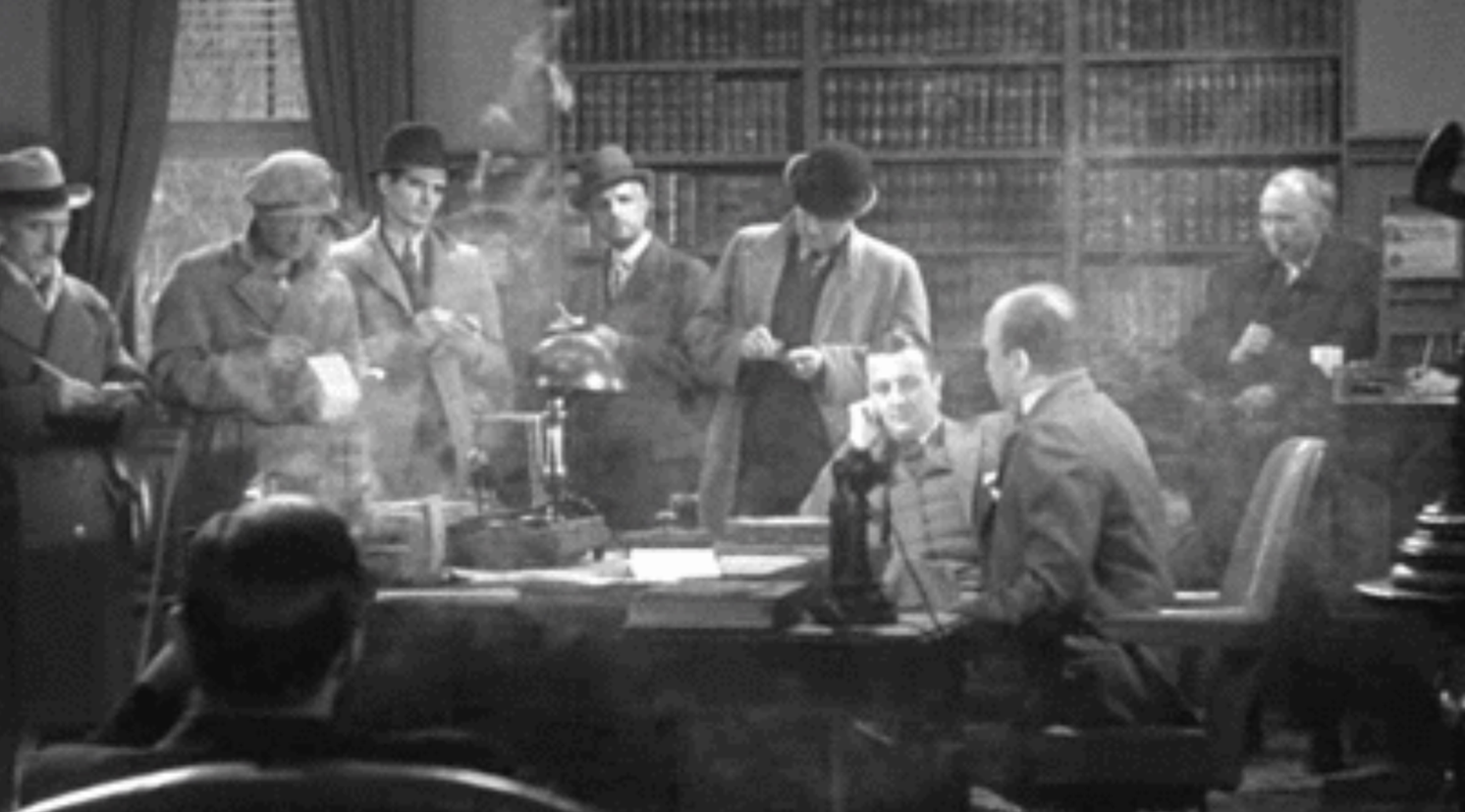Politics and politicians. Not exactly positive words in our world.
This edition of Observations will drop Friday morning, the day after the first presidential debate of 2024. You can read about that political event elsewhere – or turn off your news feed and try to ignore it all. There are 130 days until election day, though we know elections never seem to end. Many of us will tolerate these 130 days and all the political chicanery they entail as a necessary evil at best.
Especially in our age of partisanship and polarization, politics can be relationally toxic, emotionally trying, and intellectually tiring. And to what end? The winner as one of the two least-liked candidates in anybody’s memory.
That said, politics and things political are not just a necessary evil, but, in fact, an absolute good.
Last week Becky and I were in Memphis not only to visit our daughter, son-in-law, and 6-year old grandson – the best part of the visit, but also so that I could join a thousand other Presbyterians at the annual meeting of our denomination’s General Assembly.
It was a tense General Assembly with partisanship and polarization breaking out frequently in our business meetings. “Too political,” more than one social media commenter posted. That was not meant to be a positive assessment. But most General Assembly commissioners would also agree that we somehow made it through not just to fight another day, but with the possibility of the peace, purity, and unity of the church made stronger for our time in Memphis. And I say our hope has precisely to do with the presence of politics in our proceedings.
The word politics and its cousins political, politician, and policy come from the Greek word “polis,” meaning city and having to do with citizenship. The word “polis” appears 162 times in the New Testament, and in the vast majority of the cases it describes a literal city or town. But in Hebrews (11:16, 12;22, 13:14) it describes our “better homeland,” a dwelling place prepared for us by God. Paul reminds the Philippians that their citizenship (politeuma – 3:20) is in heaven. We are, as Peter says, sojourners and exiles (1 Peter 2:11).
Politics is the art of engaging in the welfare of the city. A Christian may be called to secular politics as a noble calling. Church politics – the art of engaging in the welfare of our heavenly city – is the calling of every Christian.
A google search will get you to the issues if the not the personalities involved in our recent very political General Assembly. To name them here might be distracting (we are, after all, fond of our partisanship and polarization). It might not be unfair to say that deals were done, compromises struck, and maybe even people played in the denominational politics that produced a promise of Presbyterian peace. Whether there were any literal smoke-filled rooms, I don’t know, but I am thankful for figurative smoke-filled rooms and what we might call godly politics.
Frankly, I am not looking forward to the next 130 days and the petty politics of our presidential election. But I am thankful for some prayerful Presbyterians who played politics for the sake of the peace, purity, and unity of the church.

